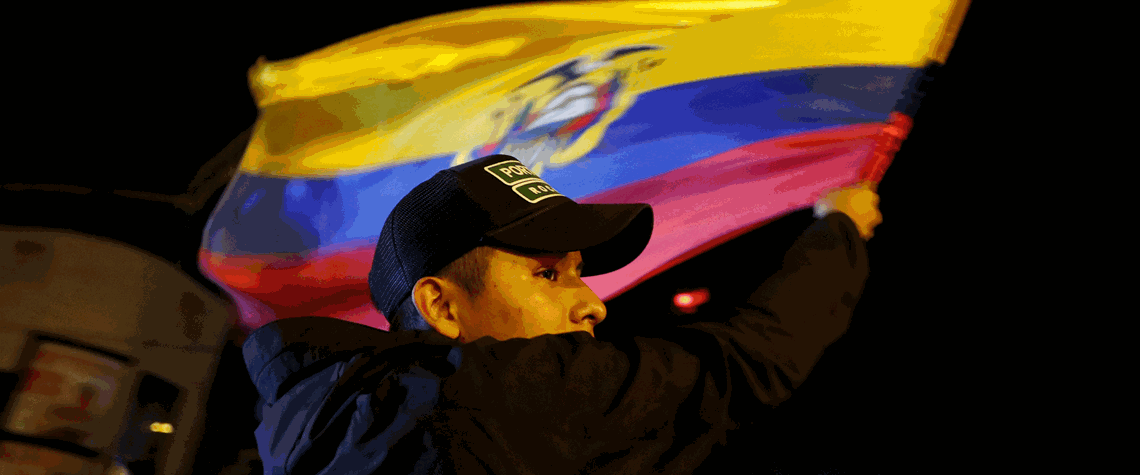Ecuador reverses fuel subsidy decision
Government backtracks after seizure of key oil fields and infrastructure decimate production
Anti-austerity protests mobilised across Ecuador against the government’s decision to end a 40-year subsidy on fuel prices—driving President Lenin Moreno from the capital Quito and prompting the state-owned oil company Petroecuador to declare force majeure on oil exports—have finally ended after the government agreed to broker a deal with indigenous groups. Moreno announced that the government will now annul the cancellation of subsidies, part of a programme of austerity measures agreed with the IMF. Last year, the organisation approved a $4.2bn loan with the Ecuadorian government to assist the country with debt issues. The IMF highlighted poorly-targeted fuel subsidies as a key chunk of gov

Also in this section
4 March 2026
The continent’s inventories were already depleted before conflict erupted in the Middle East, causing prices to spike ahead of the crucial summer refilling season
4 March 2026
The US president has repeatedly promised to lower gasoline prices, but this ambition conflicts with his parallel aim to increase drilling and could be upended by his war against Iran
4 March 2026
With the Strait of Hormuz effectively closed following US-Israel strikes and Iran’s retaliatory escalation, Fujairah has become the region’s critical pressure release valve—and is now under serious threat
3 March 2026
The killing of Iran’s Supreme Leader Ayatollah Khamenei in US–Israeli strikes marks the most serious escalation in the region in decades and a bigger potential threat to the oil market than the start of the Russia-Ukraine crisis







